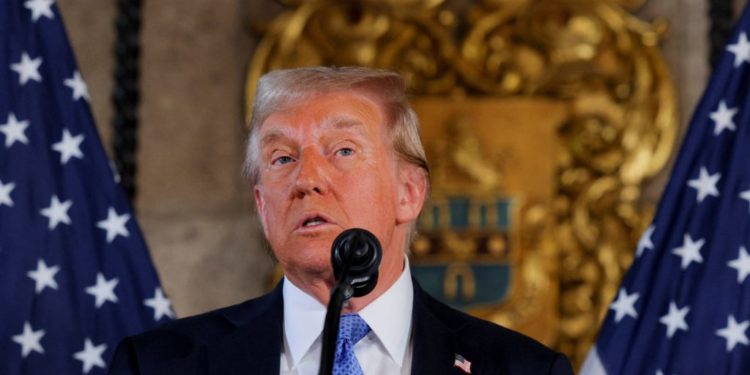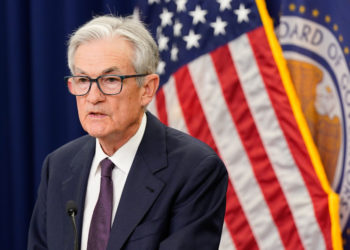President Donald Trump has signed a sweeping executive order barring transgender women from competing in female sports categories, a move that has reignited the debate over inclusion and fairness in athletics. The order, which takes effect immediately, grants the Department of Education the authority to investigate schools that fail to comply with the new regulations.
The White House argues that the directive is necessary to “protect the integrity of women’s sports,” asserting that transgender athletes who have undergone male puberty have an unfair advantage. The move aligns with similar policies introduced by major sports federations, including those governing swimming, athletics, and golf, which have imposed restrictions at the elite level.
“If you let men take over women’s sports teams or invade locker rooms, you will be investigated for violations of Title IX and risk your federal funding,” Trump said while signing the order.
The administration has also pledged to engage with major sporting bodies, such as the National Collegiate Athletics Association (NCAA), to discuss further protections for female athletes. The White House intends to apply similar restrictions to international competitions held on US soil, including the 2028 Olympic Games in Los Angeles. Officials confirmed that visas could be denied to transgender athletes seeking to compete in these events.
LGBTQ+ rights groups and human rights advocates have condemned the order, describing it as an attack on marginalized communities. Kelley Robinson, president of the Human Rights Campaign, stated that the policy “emboldens people to question the gender of kids who don’t fit a narrow view of how they’re supposed to dress or look.”
Research from the UCLA Williams Institute indicates that less than 1% of the US population over the age of 13 identifies as transgender, with an even smaller percentage participating in sports.
Trump had already signaled his administration’s stance on gender identity upon taking office on January 20, when he signed a separate order defining sex in legal terms as strictly male or female.
The International Olympic Committee (IOC) has yet to comment on the implications for future competitions, but the directive is expected to face legal challenges from advocacy groups and affected athletes.

















